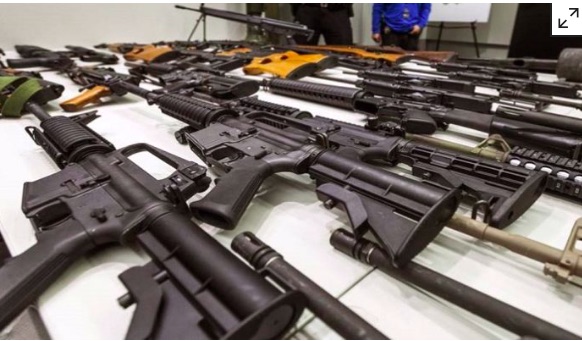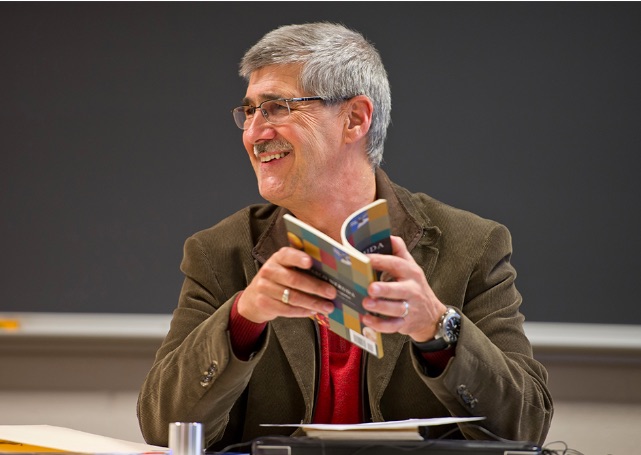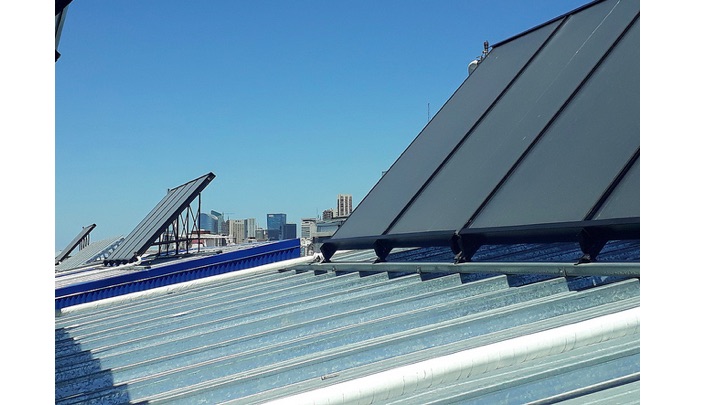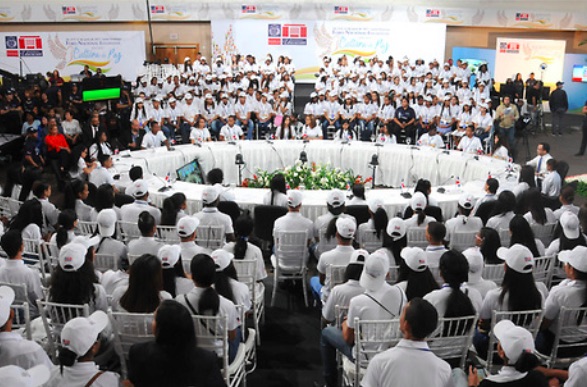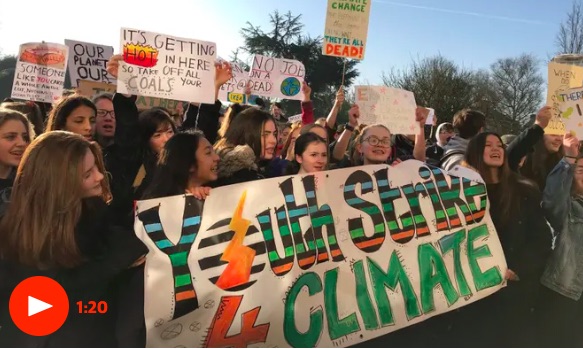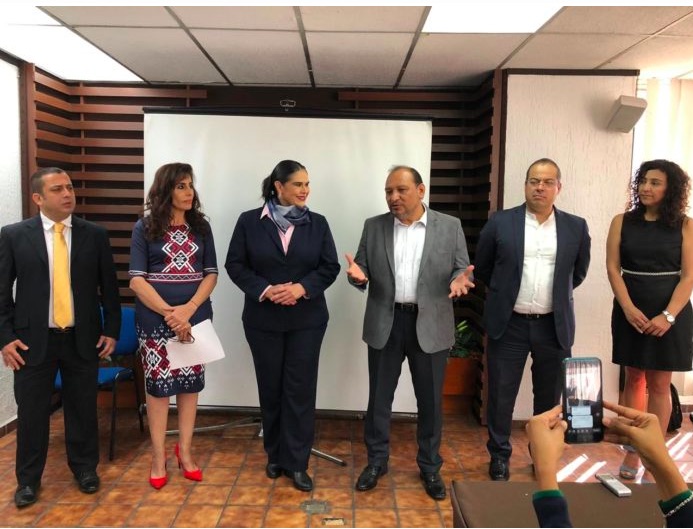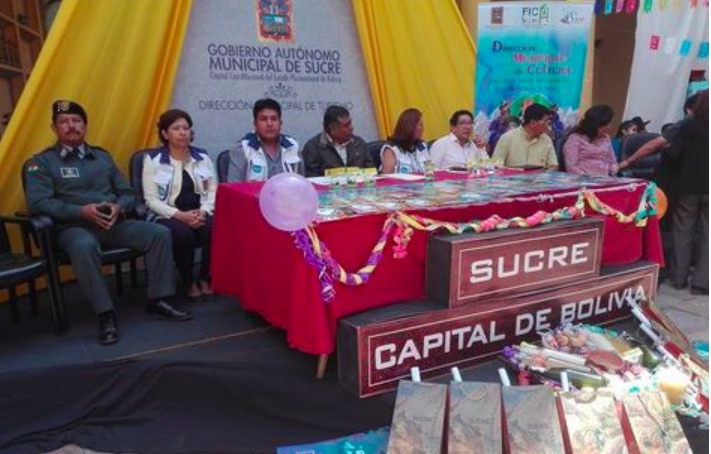. . DEMOCRATIC PARTICIPATION . .
A press release from Club Juridico (translation by CPNN)
During the “National Forum for a Culture of Peace”, the deputy Sergio Mayer Bretón, president of the Commission of Culture and Cinematography, called upon us to return to the sense of belonging, to erase the barriers and consolidate a single identity as a multicultural nation, without prejudices or stereotypes, because “There is only one Mexican, not five, or first.”
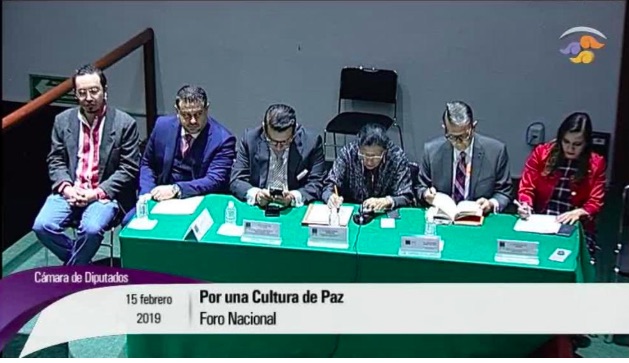
He called for working together to promote real change, so that Mexico beomes a better place to live in dignity, not a death sentence for those born in poverty. To achieve this, the culture of peace must be guaranteed in an integral manner.
He called upon Mexicans to assume the obligation and responsibility to stop being spectators and become participants, not depending for everything on the government, but depending on each citizen to contribute what corresponds to him or her, in order to reduce the gap of economic inequality and lack of opportunities caused by the constant abuse and submission of each other.
The extreme gap of inequality has led the most excluded people to engage in illegal practices to get what the State can not provide, because even work has become a brake on growth. He regretted that “the greatest enemies of Mexicans are the Mexicans themselves, exercising different types of violence and discrimination, taking advantage of vulnerability”.
Mayer Breton argued that as a society we must move forward without anyone being left behind, and guarantee not only in the text but in the facts a dignified life with freedom to exercise and access the rights that correspond to each one by the simple fact of being a person.
The president of the Indigenous Peoples Commission, Irma Juan Carlos, said that cultural, linguistic and thought diversity has supported the indigenous communities. It is necessary to recognize that diversity does not have to result in inequalities but it can result in into opportunities, based on the principle of respect and recognition.
She pointed out that this is the international year of indigenous languages, and emphasis should be placed on this, because, according to the diagnoses that have been made; “All the indigenous languages of our country are at risk”.
“We can not talk about peace without talking about everyday realities and there can be no peace without equity and access to rights. The State should be responsible for closing gaps in inequality and strengthening the capacities of citizens, generating the conditions for this to happen, through public policies and legislative proposals that promote the rights of all.”
She called for eradicating poverty and discrimination, making it possible for citizens to exercise their rights in a framework of freedom. “Not only tolerance, but respect for diversity; it is a fundamental step to transform the country and create the culture of peace for men and women in our time.”
“I have to point out in the framework of this forum, that we live immersed in conflicts, the product of public policies that favored the dispossession of our lands, the theft of our identities, our cultures, oblivion, marginalization and poverty, social, political and economic inequality, But despite this, we continue to insist that dialogue and concord is the way to achieve peace and justice, “she added.
Gabriela Osorio Hernández, president of the Cultural Rights Commission of the Mexico City Congress, said that according to official reports, Mexico ranks second in Latin America in hate crimes of homophobia. It is also where there is the greatest increase in murders of journalists in the last two years.
To this, she added that, according to the INEGI, the main cause of death of males between 15 and 44 years old is aggression; while the latest discrimination survey indicates that 20.2 percent of the population aged 18 and over declared having been discriminated in the last year by some characteristic or personal condition, such as skin tone, manner of speaking, weight, height, form of dress or personal grooming, social class or place where you live.
“It is urgent to recognize that our country needs to rethink and weave itself together again. We need to embroider new ways of looking at each other, values that enhance the dialogue about violence, the resolution of conflicts over confrontation, the recognition of diversity and the inclusion of all social groups without discrimination.”
José Alfonso Suárez del Real, Secretary of Culture of Mexico City, said that society should understand that the only way to overcome the problems they face is to recover the culture of peace.
He urged us to recover the concept of community to work in harmony and democracy in the public space, so that neighbors live in a social reconciliation that promotes peace.
It is essential, he said, to support young people to be actors of transformation because “if they are left at the mercy of the illusions of organized crime, what we are creating are anti-citizens and assassins with the risk of losing a generation.”
He argued that it is fundamental to guarantee the right to the culture of peace. He asked the legislators that “it is time to stop looking for problems to the solutions” and to address those that are needed.
(Article continued in right column)
(Click here for the original Spanish version of this article.)
Question related to this article:
How can we develop the institutional framework for a culture of peace?
(Article continued from left column)
Xavier Aguirre Palacios, representative of the Community Culture Program of the Federal Directorate General of Cultural Liaison, said that achieving respect and promotion of the cultural rights of all communities is essential to achieve peace and to escape the desolation in which the country has been submerged.
He pointed out that there is a lag in the access and recognition of the cultural rights of the population. We have to understand that they are a fundamental part of the guarantees of life that the citizen has to enjoy the artistic creations that promote coexistence and reconciliation.
“Cultural rights are not second class,” he said. Therefore, projects that link citizens with creative expressions will be promoted. Violence cannot be overcome by more violence.
He pointed out that an equitable redistribution of cultural wealth will be encouraged, because many expressions have been concentrated in the capital of the country and focused on the highest social classes. They must be made accessible to the entire population and to all expressions.
Nashieli Ramírez Hernández, president of the Human Rights Commission of the Federal District (CDHDF), said that it is not easy to move towards a culture of peace. The challenges are huge. One of them is how we handle conflict, how we react. We need understanding and conciliation in response to the different types of violence, which go beyond goodwill. Creativity is required to change the trend, and to find effective ways to overcome them.
It is proven that if young people have adequate tools that encourage their talents and open up their options for development, real solutions are possible. The increase in violence affects girls, boys and adolescents directly. Seven out of 10 have suffered an aggressive act, through bullying, becoming an emotional victim. “We have a great challenge to turn the culture of violence into a culture of peace,” she said.
We need parenting with love, understanding and tenderness instead of blows and shouts. It must be understood how the culture of peace is built, which is the opposite of violence, in both the private and public sphere.
Julieta Morales Sánchez, general director of the National Human Rights Center of the National Human Rights Commission (CNDH), said that “Mexico not only needs to pacify itself, but to build a culture of peace,” based on strong and efficient institutions, without corruption and transparent, that make possible to a decent life.
It is not an easy topic because it involves areas such as administration, law enforcement and security, but the social reproduction of crimes and violence by the media must be avoided. Our culture is permeated by gender stereotypes, discrimination and idealized life projects that exclude a large number of Mexicans. We must ensure that there are no first or second class Mexicans and everyone must work.
She clarified that “peace is not just the absence of armed conflicts”, but also the avoidance of structural violence that is reflected in a lack of opportunities in all areas. Respect for human rights must be privileged because they are the foundation of peace, development, stability and trust in institutions.
Democracy offers the conditions to build peace by reconciling differences and confrontations, encouraging dialogue, understanding and tolerance.
María Ampudia González, national counselor of the National Human Rights Commission, explained that children in Mexico occupy the first place in the dissemination of pornography; child sexual abuse; homicide against children aged 14; pregnancies of adolescent girls between 12 and 14 years old, as well as obesity and diabetes problems.
She indicated that the nation is the fifth most trafficked, violated and forgotten in the world in human trafficking and childhood. “The result of an abandoned childhood is worrisome: a child when it is born needs three things: tenderness, recognition and attentio, these are the most important factors of a child when it comes into the world.”
The social fabric is broken, but we can fix it with justice, sound public policies, doing a good job and involving young people in this culture of peace. Also, helping families so that violence in homes is reduced.
Roberto Martínez Yllescas, director of the Organization for Economic Cooperation and Development (OECD) Center in Mexico for Latin America, said that the challenge of promoting peace is linked to the need for change in the educational paradigm. Students are treated as passive entities confronted with an accumulation of data and concepts. The traditional educational scheme is insufficient for the requirements of the 21st century: with the speed of its digital revolution and technological progress.
It is necessary to promote community resilience, in order to educate to be aware of what being is, with values and attitudes towards an interconnected and intercultural world; to train students with a new vision of competence in the face of climate change, poverty, inequality and migration. Peace is not only the absence of violence but the empowerment to face problems with a global perspective, to mitigate the risk of conflict and to encourage resilience as a whole, with the purpose of making the most of an interdependent world.
Norman Bardavid Nissim, executive secretary of the National Commission for the Culture of Peace (Comnapaz) Mexico, commented that peace is a state of unity of the human being in a holistic way within the framework of universal values, privileging the dignity of life in all its manifestations.
The culture of peace must be considered as a living letter, included in the Political Constitution. He proposed to make a federal law to promote the culture of peace, to educate minors with this focus on both private and public. Also, it is necessary to create a National Commission for Culture of Peace, a decentralized body to resolve the differences between society and government, he proposed.
The forum was held in three working groups: What is the culture of peace? Social prevention of violence and crime and, Diversity and equity among communities. Participating civil associations included Embajada Mundial de Activistas por la Paz, Cauce Ciudadano, Espacio Progresista, Victoria Emergente, Vive México y Foro Global de Liderazgo Juvenil.
